- Home

- Gas & Bloating

- Gas During Pregnancy: Causes, Prevention and Safe Home Remedies
In this Article
Gas & Bloating
Gas During Pregnancy: Causes, Prevention and Safe Home Remedies
Updated on 13 June 2023
Imagine this: you're basking in the beauty of pregnancy, cherishing each moment as you nurture new life within you. But amidst this blissful journey, an unexpected visitor appears—gas. Yes, even in the realm of pregnancy, gas can make an unwelcome appearance. But fret not! Gas during pregnancy is a common occurrence and can be managed with the right knowledge and safe home remedies.
In this comprehensive guide, we will uncover the underlying causes of gas problem during pregnancy, unveil effective strategies to prevent its unwelcome arrival, and explore a range of home remedies for gas during pregnancy to bring you much-needed relief. So, get ready to embark on a journey through the fascinating world of pregnancy gas, where we'll empower you with the tools to navigate this gas-filled adventure with ease and comfort. Let's ensure that nothing dampens your pregnancy glow, not even those pesky bubbles!
What are the Causes of Pregnancy Bloating?
Gas during pregnancy occurs due to hormonal changes that results in relaxation of muscles in the digestive tract, leading to slow digestion and increased gas. Additionally, to ensure that your baby receives all of the nutrients from the food you consume, your body slows down your digestion.
As the uterus expands, it can put pressure on the intestines and cause gas to build up. Eating certain foods, such as those high in fiber or artificial sweeteners, can also contribute to gas and bloating during pregnancy.
How Long Does Bloating Last During Pregnancy?
Bloating during pregnancy is a common symptom that typically begins in the first trimester and can last throughout the pregnancy. The severity and duration of bloating can vary from woman to woman and may depend on factors such as diet, activity level, and overall health. Your stomach and intestines are likely to get more irritated as your uterus grows and exerts more pressure on them, making you feel like you have overeaten.
Home Remedies for Gas During Pregnancy
Maintaining regular bowel movements throughout pregnancy might help alleviate the discomfort caused by feeling gas during pregnancy. Here are a few tips to get you started:
1. Stay Hydrated Throughout the Day
Pregnant women are advised to drink at least 2.3 litres of water per day for bloating during early pregnancy. Staying hydrated can assist in decreasing gas accumulation. Constipation, another source of gas, may be avoided by being well-hydrated. In addition, it's recommended to sip rather than gulp so you don't overdo it. When people gulp, they are more prone to swallow air, leading to gas.
2. Fiber That's A Good Fit
Another approach to preventing constipation and thereby, gas problem during pregnancy is to consume a lot of fiber-rich foods, such as leafy greens, legumes, whole grains, and fruits. If you aren't currently consuming fiber regularly, start slowly.
3. Opt for Smaller Meals
The more food you consume in one sitting, the more gas you produce. In addition to keeping your nutrient levels steady for better feeding your baby, fueling up on six small meals or three moderate meals plus two or three snacks a day prevents your digestive system from being overloaded, keeping pregnant bloated stomach symptoms and heartburn in control.
4. Eat Your Food Slowly
You're more likely to swallow a lot of air with your meal if you eat it in five minutes flat. Due to the air settling in your stomach, you may experience gas bubbles and bloating. Do your best to eat slowly throughout pregnancy, no matter how busy you are.
5. Try to Put Your Mind at Ease
Gas problem during pregnancy and swallowing air while eating may occur when pregnant women eat with a sense of urgency. Try to avoid eating your sandwich with a side of anxiety. Before and throughout your meal, take a few deep breaths to centre yourself, and keep in mind that a "lunch break" indeed implies that you're meant to take a break.
Also read: Are You Aware of the Symptoms and Causes of Pregnancy Gas Pains and Bloating & How to Prevent It?
6. Cut Back on Sorbitol and Mannitol
Even though these sweeteners are safe during pregnancy, they might produce gas and stomach distress. Because of this, make sure to read the label on any packaged goods before purchasing.
7. Try Probiotics
Good bacteria in your stomach may be supported by eating probiotic-rich foods, such as yogurt (kefir), sourdough bread (pickles), sauerkraut (sauerkraut), miso (kimchi), and pickles (sauerkraut). Before using a prebiotic supplement, see your healthcare professional.
8. Take a Stroll Around the Block
To prevent gas and bloating during pregnancy from appearing, even a quick walk outdoors for 10 minutes may help keep things flowing.
9. Sit Back and Relax Over a Cuppa
A cup of chamomile tea or a glass of warm water with lemon can be a great home remedy for gas during pregnancy and it help alleviate various gastrointestinal issues during pregnancy.
10. Massage Your Stomach
This advice may only be practical during the first trimester of pregnancy when your baby bump isn't obscuring your intestines. However, it is possible to alleviate a bloated stomach during early pregnancy with a gentle abdominal massage.
- Make your way up and over the ribcage to the right rib, down to the left rib cage, and across the belly button.
- It's recommended that you spend around two to three minutes on the entire thing.
- Repeat for a total of roughly ten minutes for first trimester bloating during pregnancy.
Foods to Avoid During Pregnancy Bloating and Gas
Although bloating and gas are a part and parcel of pregnancy but cutting out on items that are more likely to induce gas can help.
1. Gas-inducing foods
The first step is eliminating some of the items that cause gassy stomach during pregnancy and bloating. Keeping a food journal might help you identify whether some meals cause you to feel more bloated than others.
You may also like: Ways in which you can handle street food cravings during the pregnancy period
2. Fructose-rich foods
Foods that contain fructose naturally such as leeks and onions; ketchup; dried fruit; apples; honey; wheat and fruit juice can cause gas and bloating. HFCS is a type of fructose often found in processed foods and various sugar-sweetened beverages. So, try to avoid these foods.
3. High-fiber foods
While fiber is essential for a healthy pregnancy, consuming too much can cause gas and bloating. The large intestine generally breaks down these nutrients, resulting in gas. It is recommended to gradually increase fiber intake and drink plenty of water.
You may also like: Which Foods Should You Avoid During Pregnancy That Cause Bloating?
4. Dairy products
Some pregnant women may be lactose intolerant, which can cause gas and bloating. Consuming dairy products may cause flatulence, diarrhea and stomach discomfort in lactose-intolerant individuals. It is recommended to limit or avoid dairy products if experiencing discomfort.
5. Fried and fatty foods
Fried and high-fat dishes take longer to digest and are more likely to remain in the intestines and cause excessive gas early in pregnancy. So, it's best to eat them in moderation.
6. Beans and Lentils
While beans and lentils are a good source of protein and fiber, they can cause gas and bloating. It is recommended to limit intake and soak them before cooking.
You may also like: Special Home Remedies For Gas During Pregnancy
When to See a Doctor
If gas is accompanied by severe abdominal pain, cramping, bloating, constipation, diarrhea, vomiting, fever, or blood in the stool, it could be a sign of a more serious condition and medical attention should be sought immediately. These symptoms could indicate a gastrointestinal infection or disease, such as irritable bowel syndrome (IBS), inflammatory bowel disease (IBD), or celiac disease.
Pregnant women should also seek medical attention if gas is accompanied by vaginal bleeding or discharge, as this could indicate a miscarriage or other pregnancy complication. It's important to always consult a healthcare provider if any concerning symptoms arise during pregnancy.
Gas vs. Labor Pain
Differentiating between gas and labor pain can be difficult, especially for first-time mothers. However, there are some signs that can help distinguish between the two. Gas pain is typically felt in the abdominal area and may cause bloating, cramping, and discomfort, whereas labor pains are more intense and may start in the lower back before moving to the front of the abdomen.
Other signs of labor include regular contractions, increasing intensity and frequency of contractions, and the breaking of the amniotic sac. If you're unsure about the cause of your pain, it's always best to seek medical attention to be safe.
Conclusion
Everyone experiences bloating and gas during pregnancy, but some individuals have more gas than others. Changes in your body, including increased gas and bloating, are typical during pregnancy. The good news is that treating a bloated stomach in early pregnancy while pregnant and in the first few days after giving birth may be done safely and effectively. You can follow home remedies for bloating during pregnancy for the best results. Talk to your doctor if you're experiencing symptoms that you're not sure are caused by gas. Finding out that a troubling discomfort was caused by gas is preferable to ignoring the one that might indicate a more severe health problem.
References
1. Gomes, C. F., Sousa, M., Lourenço, I., Martins, D., & Torres, J. (2018). Gastrointestinal diseases during pregnancy: what does the gastroenterologist need to know? Annals of Gastroenterology, 31(4), 385–394.
2. Trottier, M., Erebara, A., & Bozzo, P. (2012). Treating constipation during pregnancy. Canadian Family Physician Medecin de Famille Canadien, 58(8), 836–838.
Trending Articles
best stroller | diaper size by age | postpartum hair loss | bottle feeding newborn
Popular Articles
breast pain after abortion | how to reduce breast size after delivery | how to get baby in right position for birth | wedding dresses for pregnant women



Written by
Priyanka Verma
Priyanka is an experienced editor & content writer with great attention to detail. Mother to an 11-year-old, she's a ski
Read MoreGet baby's diet chart, and growth tips

Related Articles
Related Topics
RECENTLY PUBLISHED ARTICLES
our most recent articles
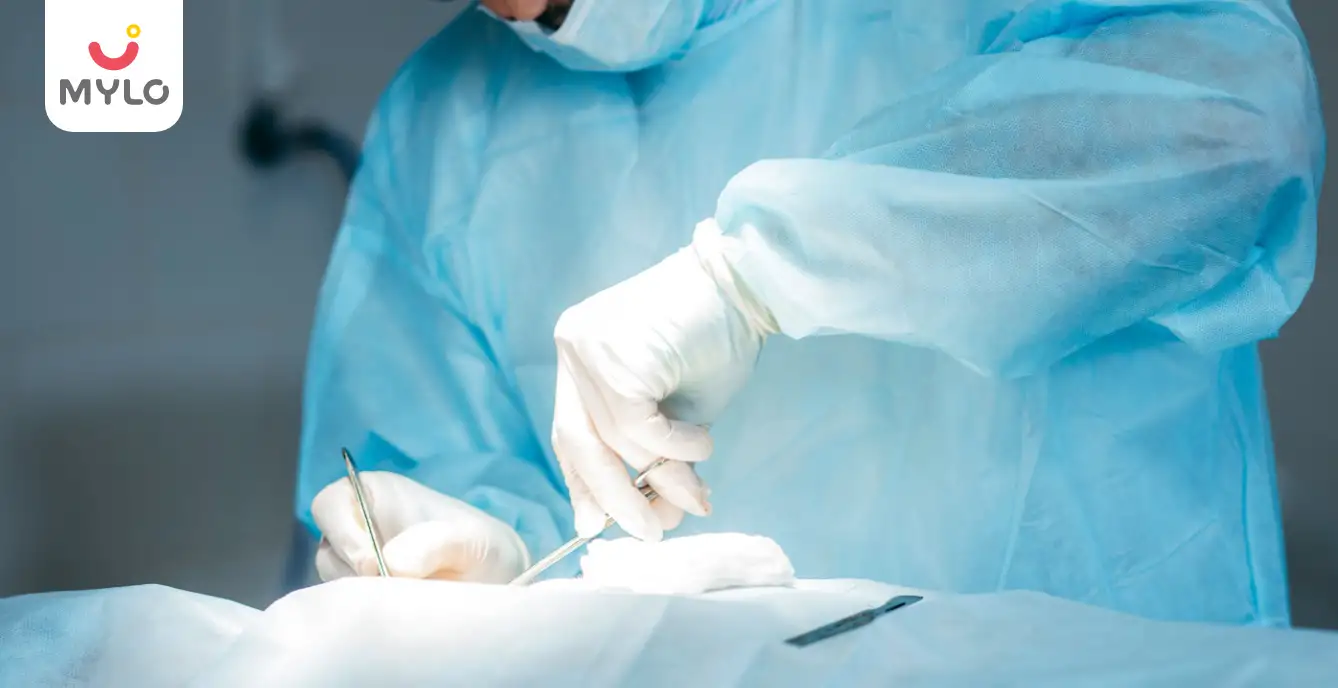
Medical Procedures
Orchidopexy: All You Need to Know About Its Procedure, Risks, and Recovery
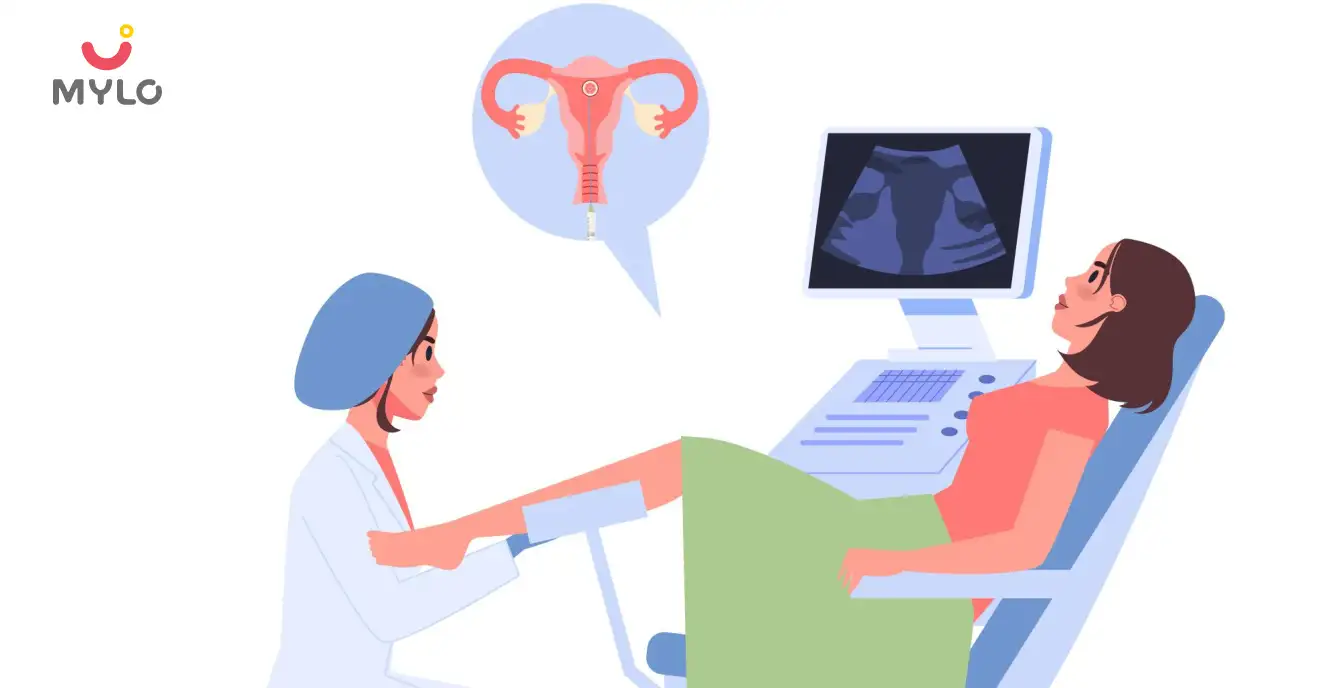
Reproductive health
Transvaginal Ultrasound: A Non-Invasive Tool for Early Detection of Reproductive Health Issues
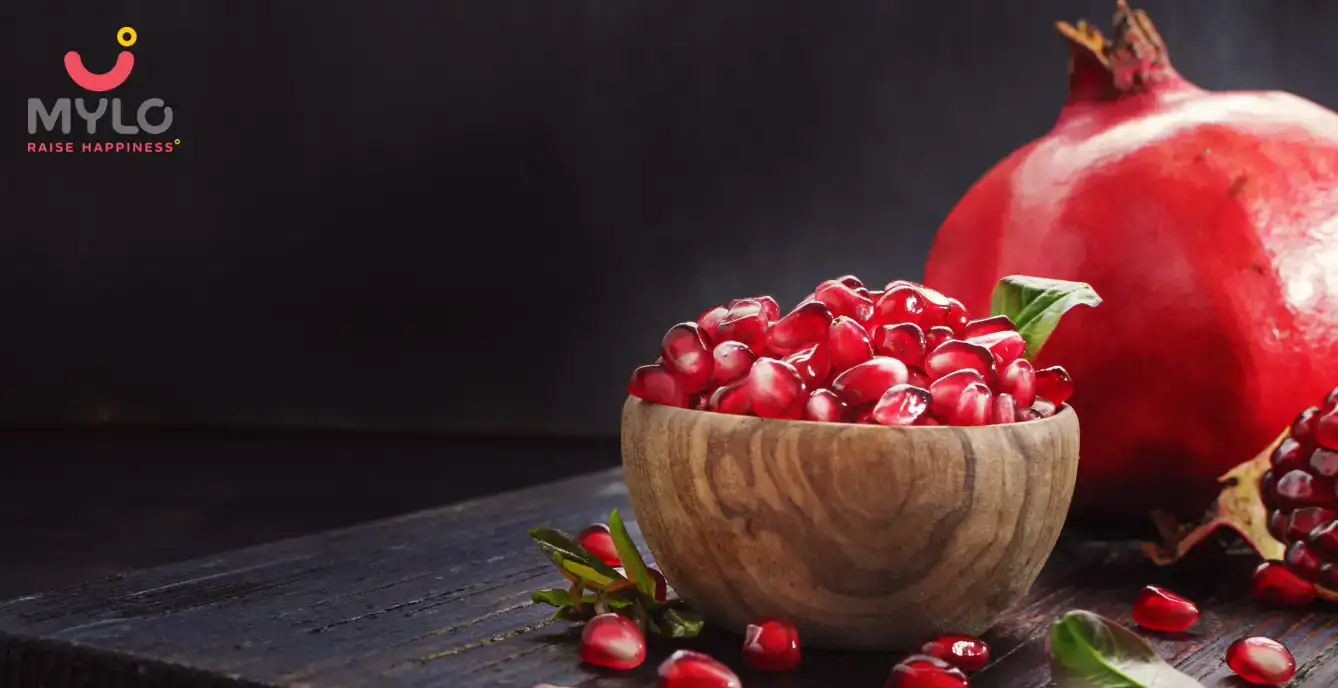
Diet & Nutrition
New Mom Diet Plan – Month 11 Week 42
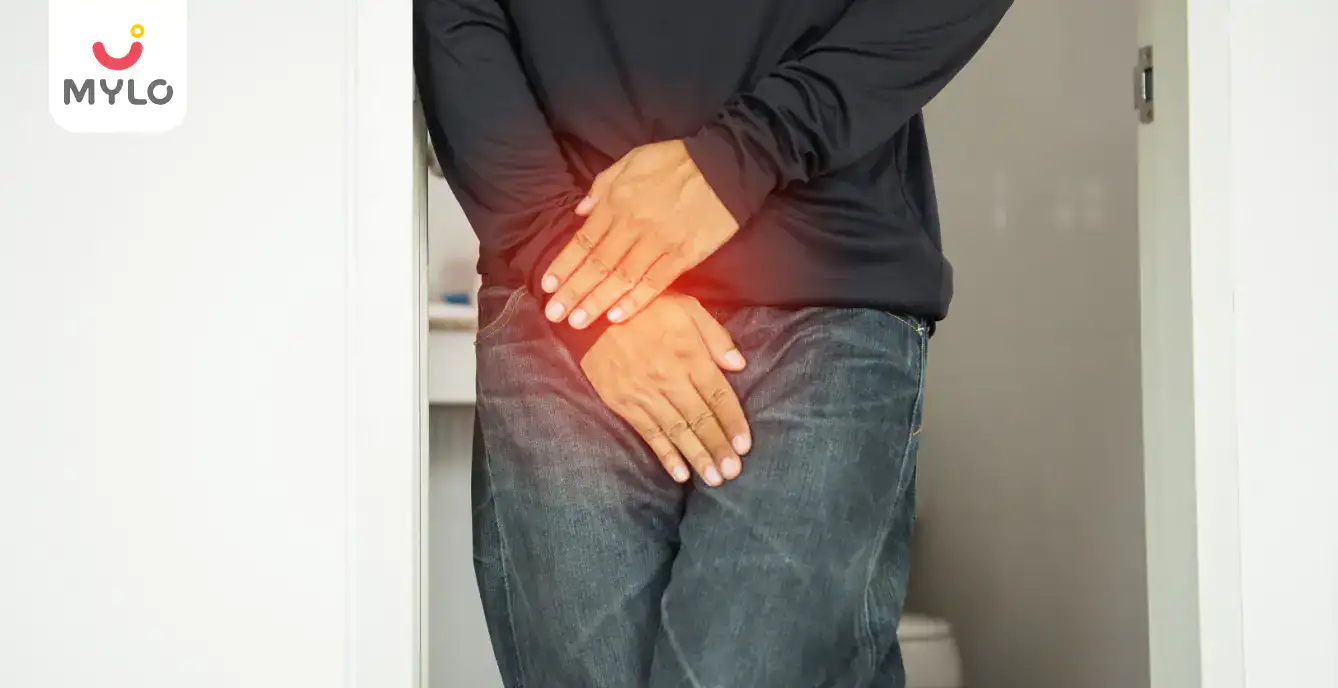
Male Infertility
Ejaculatory Duct Obstruction: How It Affects Male Fertility and What You Can Do About It
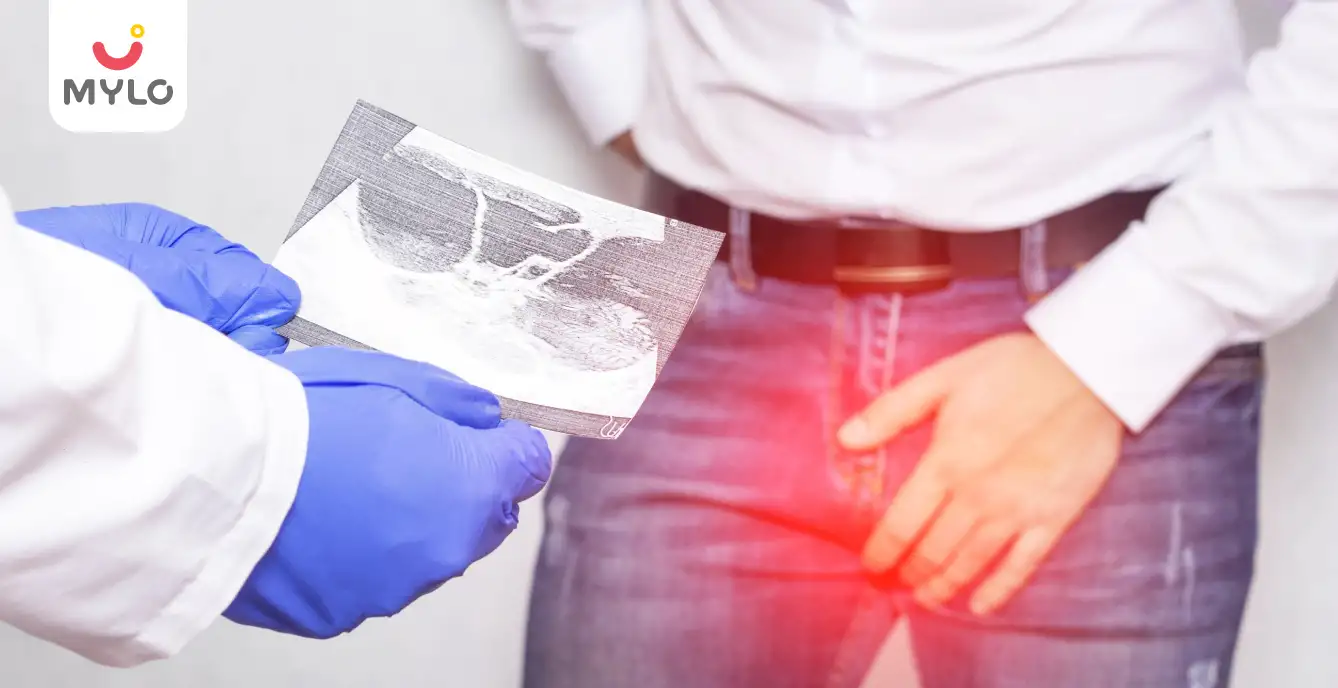
Testicular Ultrasound: What You Need to Know About the Procedure and Its Benefits
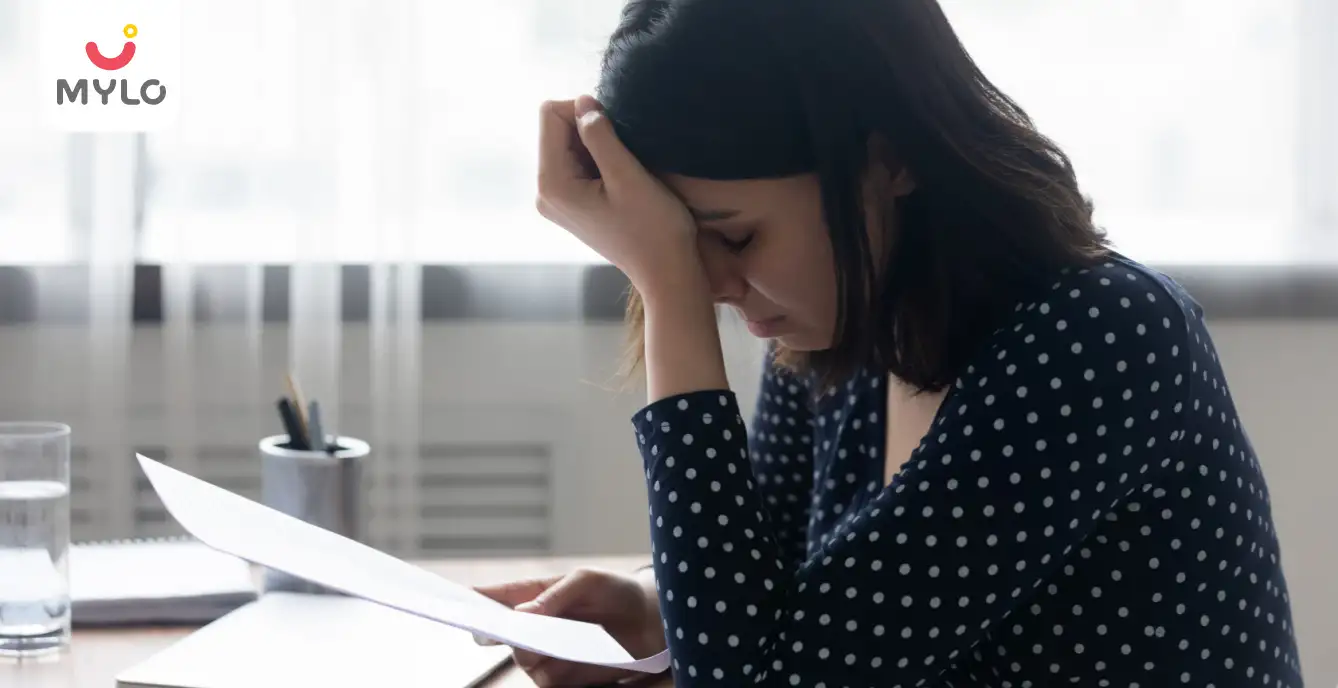
Symptoms of Low AMH to Watch Out For: A Health Alert for Women Trying to Conceive
- Hysteroscopy: Everything You Need to Know About This Minimally Invasive Procedure
- Dalchini: How This Herb Can Make Way From Your Spice Rack to Your Medicine Cabinet
- Fenugreek Powder: Health Benefits of Fenugreek From Your Kitchen to Your Medicine Cabinet
- Moringa Powder: The Superfood You Need in Your Diet for a Healthy Lifestyle
- Genital Herpes: Causes, Symptoms, Risks & Treatment
- Ashokarishta: All You Need to Know About This Miracle Tonic for Women
- 10 Amazon Prime Movies to Look Forward to in 2023
- 10 Best Netflix Movies to Watch Out For in 2023
- Fertility Yoga: A Natural Solution to Boost Your Chances of Conception
- How to Get Regular Periods Naturally: Ayurvedic Herbs, Lifestyle Changes & Homeopathy
- Lodhra: The Wonder Herb for Women's Health
- Malabsorption Syndrome: Types, Causes, Symptoms, & Treatment
- Top 10 Short Bedtime Stories for Kids
- RH Incompatibility in Pregnancy - Causes, Symptoms & Treatments


AWARDS AND RECOGNITION
Mylo wins Forbes D2C Disruptor award
Mylo wins The Economic Times Promising Brands 2022
AS SEEN IN
















At Mylo, we help young parents raise happy and healthy families with our innovative new-age solutions:
- Mylo Care: Effective and science-backed personal care and wellness solutions for a joyful you.
- Mylo Baby: Science-backed, gentle and effective personal care & hygiene range for your little one.
- Mylo Community: Trusted and empathetic community of 10mn+ parents and experts.
Product Categories
baby carrier | baby soap | baby wipes | stretch marks cream | baby cream | baby shampoo | baby massage oil | baby hair oil | stretch marks oil | baby body wash | baby powder | baby lotion | diaper rash cream | newborn diapers | teether | baby kajal | baby diapers | cloth diapers |





